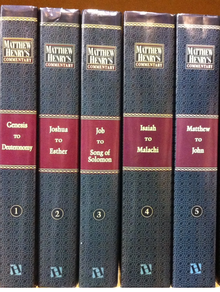Study
14 From the Book of Isaiah is: Isaiah 24 and 25
Chapter
24 begins the long apocalyptic vision of the Day of the Lord which
continues until chapter 27. It seems impossible to give it any
certain historical background, and it was probably intended to be an
ideal description of the last great judgment which will engulf the
whole world. The horizon is very black except for the bright gleam
of light which appears in verse 23, and which leads on to the burst
of praise in chapter 25, just as chapter 12 follows chapter 11. First
in his own name (25), and than in the name of the redeemed community
(26), the prophet gives thanks for their certain deliverance from the
final judgment and for their everlasting bliss and security.
In
Chapter 24 contrast the emotions of unbelievers when faced with the
calamity of God's judgment with the reactions of the believers. Can
you still praise God in the midst of seeming disaster? Cf. Hab.
3:16-19.
What
does chapter 25 teach us about God's 'faithful and sure' plans for
this world and for His people?
Compare
this Old Testament picture of God's ultimate purpose for His people
with the New Testament one in Rev. 7:15-17; 21:1-4.
Note.
25:2 In this verse, as in 24:10, 12 and 26:5, 6, 'the city' refers to
no special town, but to any stronghold of opposition to God, in
contrast to God's 'strong city'(26:1). The former will be 'made a
heap', but the later fortified with impregnable bulwarks.

